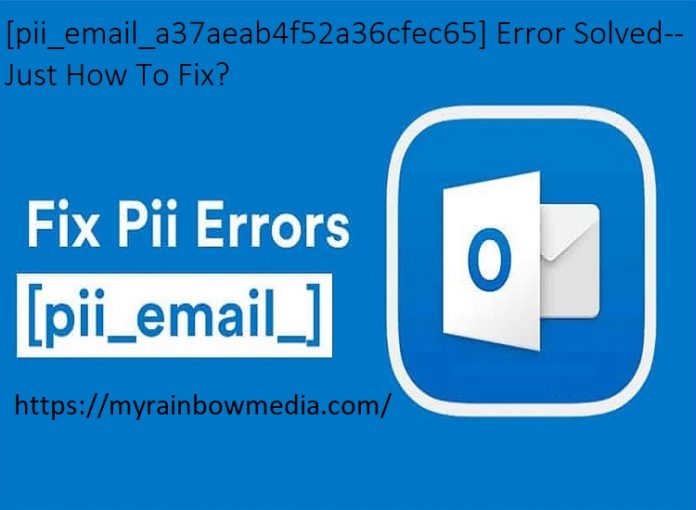Credit card charge-off is important to understand if you use credit cards regularly. It’s essentially the process by which your credit card company writes off your unpaid balance as a loss, but it doesn’t mean they’ve completely cut off your line of credit. According to the experts at SoFi, “But a charge-off doesn’t mean the debt ceases to exist and that the borrower no longer needs to pay it off. Instead, typically the lender either hires a debt collector to pursue the money it’s owed or sells the debt to a collection agency.” There are several reasons you might be charged off on a credit card that has nothing to do with your ability to pay back the money owed! So before you get any further into this article, let’s talk about what a charge-off is.
How Does A Charge-Off Impact My Credit?
A charge-off’s most significant impact on your credit score is that it lowers it. For example, if you had a great credit score of 800 and now have a credit card charge-off, your score might drop to 650 or even as low as 500. This will affect the interest rates you pay when you apply for loans or other forms of credit in the future.
In addition to lowering your credit score and increasing the interest rates charged on new loans, a charge-off can also impact how well you’ll get insurance coverage with an insurance company at reasonable rates (if they will insure you at all).
Will I Be Notified If My Credit Card Is Charged Off?
You will be notified by phone and/or email. This can happen even if you are not the primary cardholder, but it is especially likely if you are. Your credit card company will send a letter to the address on file with them, which may be your billing address or an old address where they still have an active record of communication with you. If they do not receive a response after several months, they will likely send another letter to notify you of their decision to charge off your account.
What Happens After My Debt Is Charged Off?
After your debt is charged off, it’s no longer reported as a negative item on your credit report. This means that you may be able to start rebuilding your credit by applying for new loans or credit cards.
The creditor is no longer allowed to collect the debt from you, but they may still sue you in court if they think they can collect more money than what was charged off and paid back.
You may still be able to pay off the debt after it has been charged off, so it’s important not to ignore any calls from collectors or lawsuits about this type of unpaid debt.

What If I Can’t Pay The Amount I Owe Right Now?
If you can’t pay the amount you owe right now, there are a few things you can do. First, see if your creditor is willing to negotiate a payment plan with you. Second, consider getting a loan or credit card to cover the debt so it will be paid immediately. Third, look into getting one of these debt relief programs:
- Debt settlement
- Debt negotiation
- Debt consolidation
You should know that charging off your credit card debt does not mean it is gone forever. If you’re willing to pay back what you owe and make regular payments on time, there is a chance you can re-establish good credit and even reopen an account in some cases. If you think this might be an option, talk to a financial expert who can help guide your decision-making process.




